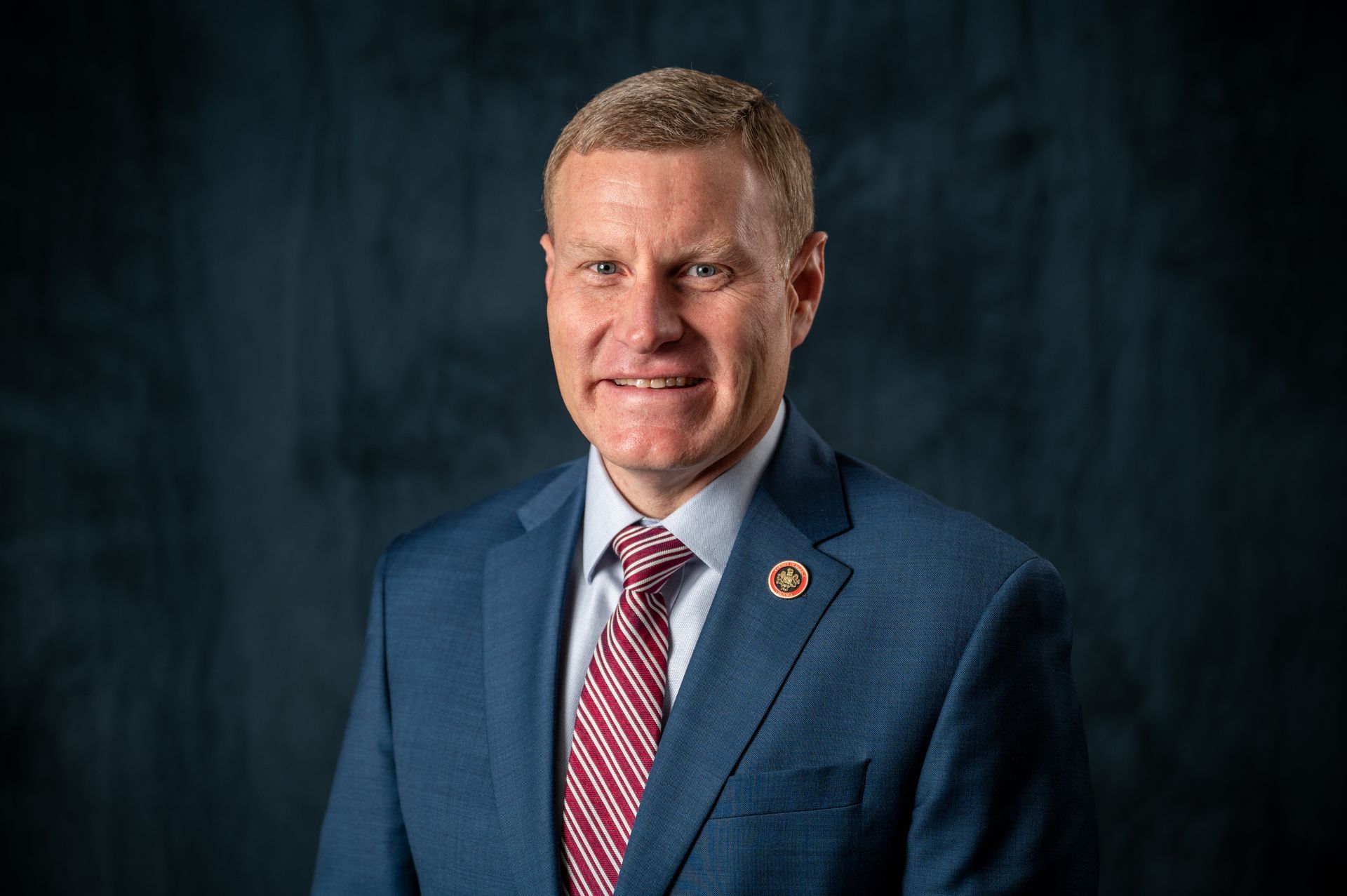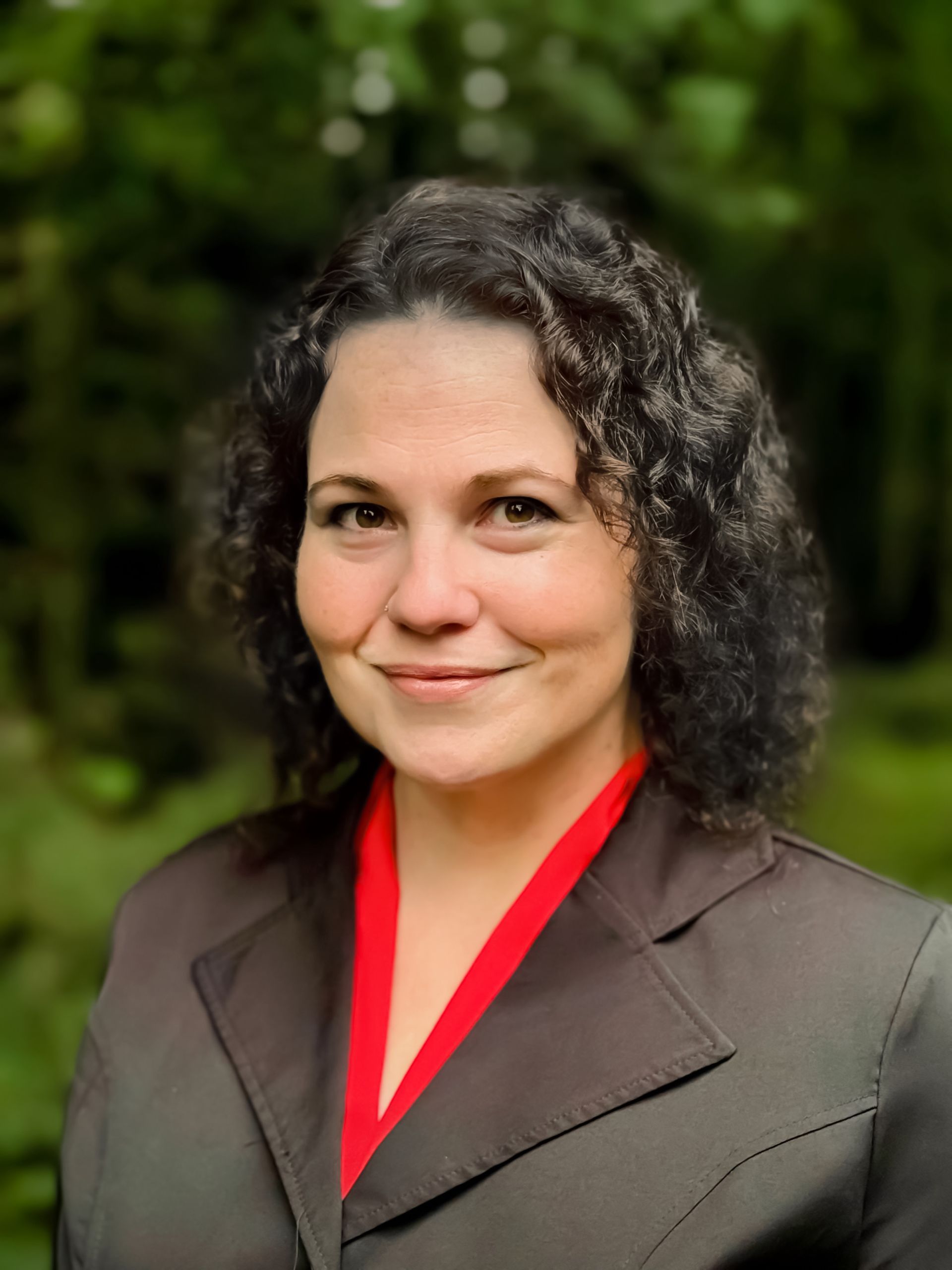To test your values, rephrase the question
By Matt Lehrman
Social Prosperity Partners
Defining mission, vision and values is a powerful tool for any organization, but it’s not the rhetoric of such statements that matters so much as their ability to inform practical decision-making at all levels.
To test whether your organization’s thoughtfully crafted principles are doing the job, sometimes it helps to rephrase the question. For example, I was in Nebraska recently facilitating separate (but identical) annual planning retreats for the Fremont City Council and the city’s senior staff. The City’s
official values statement is: “Strong Leadership,” “Public Safety,” “Fiscally Responsible,” “Quality of Life,” and “Teamwork” — all strong, results-oriented phrases. But are they the most important
values driving both Council members and their professional staff?
To find out, I asked each group what qualities, rather than values, energized them in pursuit of their stated mission, even in challenging times. Both expressed a commitment to “Service,” and beyond that, it was fascinating to hear Council members orient to “Public Trust” and accountability to “The Future,” while staffers emphasized the importance of “Professionalism” and “Teamwork.”
My advice to the Fremont City Council (shared with their permission) was that their currently stated values are well-chosen promises to residents, but this shouldn’t stop them from continuing to explore the values — er, sorry, qualities — that inform how they work together to accomplish those goals.
3 KEYS TO A VALUES STATEMENT THAT LASTS
A values statement isn’t about branding, marketing, public relations or virtue signaling. The purpose of articulating the foundational beliefs of an organization is to make sure they continue guiding actions and decisions.
Here are three keys to a values statement that will serve as a lasting beacon:
- Universality: The statement should apply across all levels of the organization, from leadership to frontline staff.
- Discernment: The values should embody distinct choices or priorities to decide among potentially conflicting option
- Authenticity: These values must be derived from observed behaviors and actions, not just lofty ideals or noble rhetoric.
Finally, it’s crucial to avoid temptingly vague words like “excellence,” “transparency” or “inclusivity,” which are unquestionably expected of every municipal entity and nonprofit organization. If you can’t imagine one that publicly embraces the opposite of those qualities, then what’s the point of including them?

NEW EPISODE — “BACK IN BLACK” (March 12, 2024)
As the first woman and first African American mayor of her Cleveland suburb, Annette Blackwell endured a social media backlash while turning around the city’s finances. Her biggest challenge, however, wasn’t winning over white voters, but her fellow Black politicians.
Listen on Apple, Spotify and all podcast platforms
“THE WELLNESS POLICE” (March 5, 2024)
“CHURCH & STATE” (February 27, 2024)
Connect with Matt:
- Email me at Matt@SocialProsperity.us.
- Follow me on Facebook, Instagram, YouTube and LinkedIn.
- Learn more at SocialProsperity.us and MattLehrman.com.



